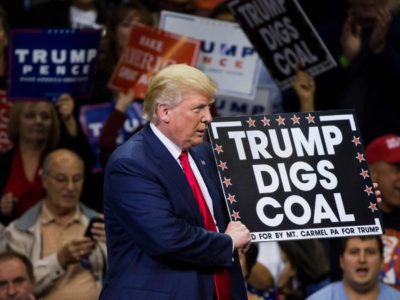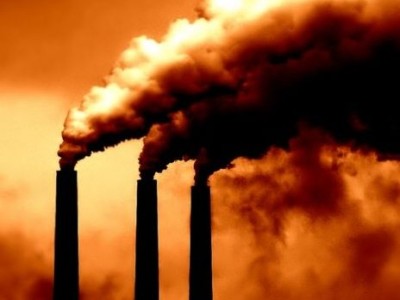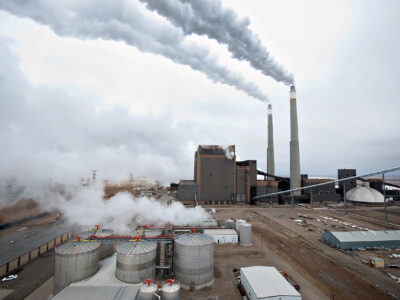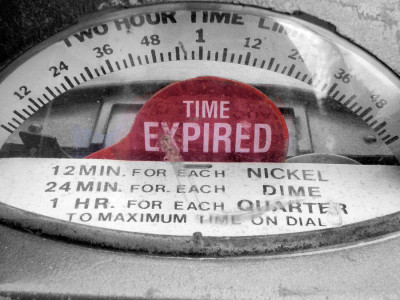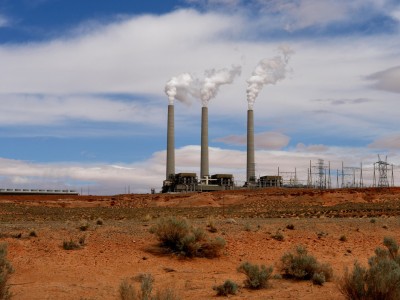Section 111
The Emperor’s New Endangerment Theory (Part III)
How did EPA get to the absurd conclusion that 1.5 billion tons of carbon emissions aren’t significant? Well might you ask.
There is a very good chance that a court would strike down a EPA’s current finding that carbon emissions from the U.S. power sector are too insignificant to regulate. EPA’s effort to explain its ultimate conclusion rests on a hodgepodge of poorly analyzed considerations, which obviously have been reverse engineered to lead to EPA’s preferred conclusion.
CONTINUE READINGThe Emperor’s New Endangerment Theory (Part II)
To justify a decision not to regulate CO2 from power plants, EPA had to twist statutory language beyond all recognition.
According to EPA, carbon emissions from the U.S. power sector are too insignificant to warrant regulation. This is a bizarre conclusion: U.S. power sector’s emissions are around 6.5 billion tons, just below Russia’s total emissions from all sectors. To reach this conclusion, EPA has proposed a novel reading of the Clean Air Act. In EPA’s view, before it could regulate those emissions, it would first have to make a formal finding that they “cause or significantly contribute” to climate change, and (2) that this has to be judged on the basis of the sector’s percentage of total global carbon emissions. The statute doesn’t say either of those things.
CONTINUE READINGThe Emperor’s New Endangerment Theory (Part I)
EPA says the electricity sector’s climate impacts aren’t significant. Really??
EPA has proposed a novel reading of the Clean Air Act (CAA) that would foreclose any regulation of CO2 emissions from power plants. EPA’s core argument is that the statute requires it to determine whether an industry’s emissions “cause or contribute significantly” to climate change and that the industry’s carbon emissions don’t meet that standard. …
Continue reading “The Emperor’s New Endangerment Theory (Part I)”
CONTINUE READINGHas EPA’s Proposed NSPS Expired?
Responding to claims that EPA must withdraw its proposed rules to control power-plant GHGs under CAA § 111
Challenges to EPA’s emergent program to regulate greenhouse gas (GHG) emissions under Clean Air Act section 111 continue to mount. Recently, the Attorneys General of 19 states sent a joint letter to EPA arguing that because EPA failed to finalize its proposed New Source Performance Standard (NSPS) for GHG emissions within one year—as the Clean …
Continue reading “Has EPA’s Proposed NSPS Expired?”
CONTINUE READINGIs EPA Delaying Clean Power Plan Rule to Modify the Proposed Rule for New Power Plants?
EPA announced this week that it will delay issuing both its final Clean Power Plan for greenhouse gases emitted from existing power plants as well as proposed rules for new coal and natural gas fired plants. The agency said it needs the extra time to respond to the 4 million comments it received and to …
CONTINUE READINGEPA and the social cost of carbon
This is Part I of a two-part series of posts discussing Eric Posner’s critiques of the role of cost-benefit analysis in climate regulation. The social cost of carbon (SCC, for policy wonks) represents the cost, in today’s dollars for the harm of emitting a ton of carbon dioxide equivalent gas into the atmosphere. Recently, the …
Continue reading “EPA and the social cost of carbon”
CONTINUE READINGLots of Rhetoric, Not Much New in Obama’s Climate Plan
The Obama Administration just released a “Climate Action Plan” to accompany the speech the President will give this morning at Georgetown University. I applaud the President for delivering a speech devoted exclusively to climate change. But for all the hooplah surrounding the President’s speech as “major,” the measures he’s proposed in the new plan to …
Continue reading “Lots of Rhetoric, Not Much New in Obama’s Climate Plan”
CONTINUE READINGWhat EPA should do with its delayed performance standards for GHGs
On September 15, EPA announced that it would not meet its September deadline for proposing performance standards for greenhouse gas (GHG) pollution from power plants. (That is the second delay; this proposal was originally scheduled for July 2011.) Some are asking if this delay is a big deal, and several environmental leaders sent President Obama …
Continue reading “What EPA should do with its delayed performance standards for GHGs”
CONTINUE READING



